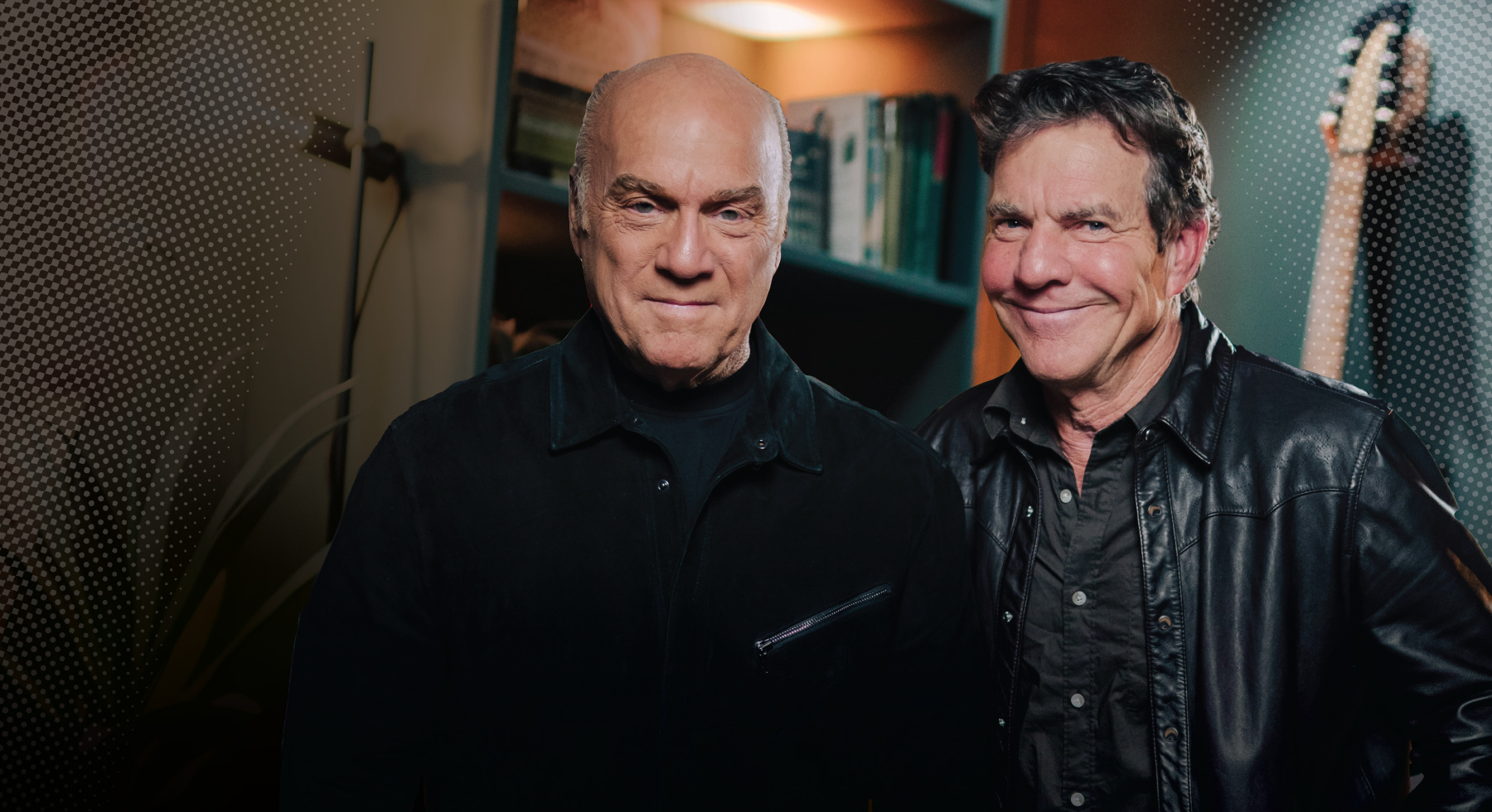
Growing the Heart of a Spiritual Hero-
For You, O Lord, will bless the righteous; With favor You will surround him as with a shield- Psalm 5:12 NKJV The book of Matthew is getting a lot of read time in my life right …


For You, O Lord, will bless the righteous; With favor You will surround him as with a shield- Psalm 5:12 NKJV The book of Matthew is getting a lot of read time in my life right …

Dennis Quaid shares with Greg Laurie how 'Soul Surfer' helped him see audiences want films with meaning—including faith films.

Waiting can stir doubt, grief, and unspoken questions about whether God is really at work at all. This reflection explores how God works through waiting, tracing the lives of women in Genesis.

“What does not satisfy when we find it, was not the thing we were desiring.” –C.S. LewisWhat makes a life complete? Earn a degree. Get a promotion. Raise a family. Grow a healthy financial portfolio. Travel the world. All these things are good and beneficial. But we can reach these...